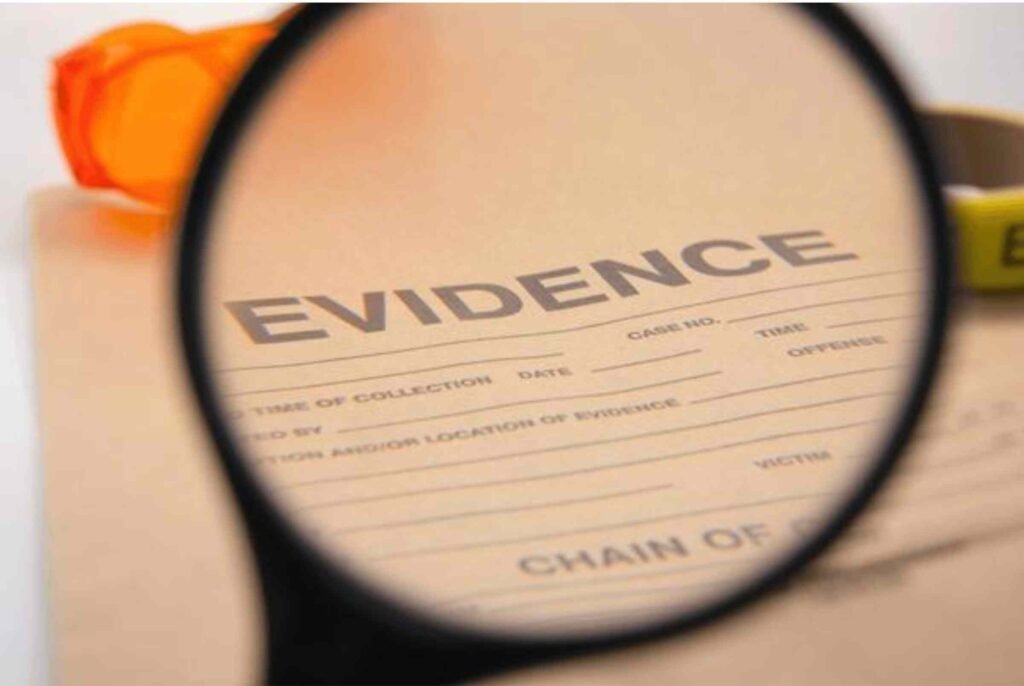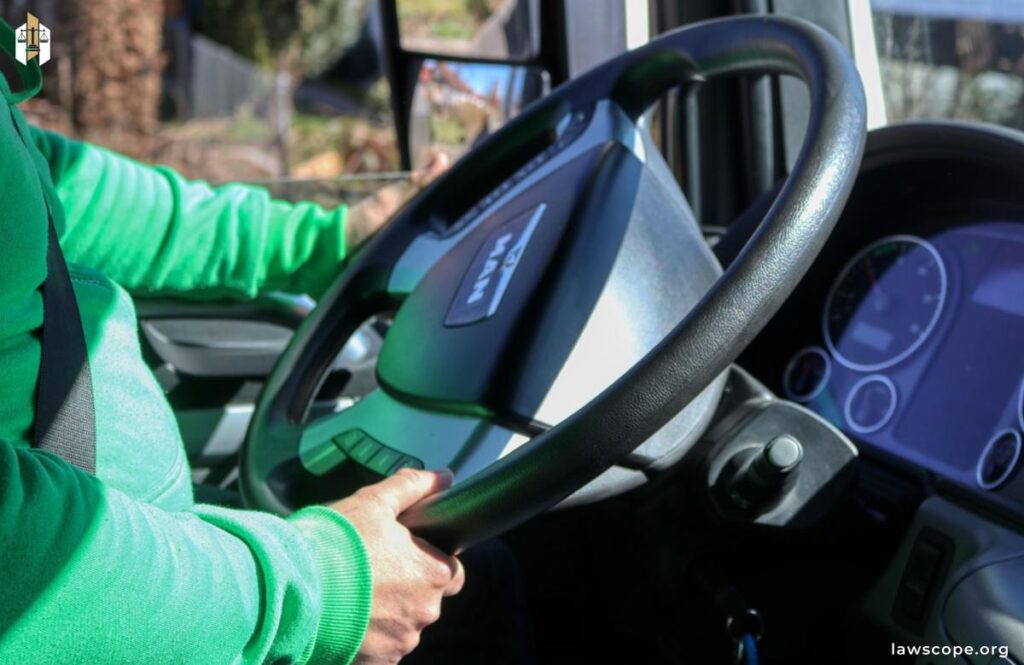
When you’re involved in an accident that leads to injury, gathering evidence becomes critical. If you plan to file a personal injury lawsuit, understanding what counts as strong evidence can make the difference between winning and losing your case. Before proceeding with your claim, consult our legal team to ensure you’re preserving and presenting evidence effectively.
Why Evidence Matters in Personal Injury Cases
In personal injury law, evidence establishes liability. The court or insurance company will not simply take your word for it. You must prove the other party’s negligence, the extent of your injuries, and the financial impact on your life.
Evidence builds credibility. It supports your version of events and disputes the defense’s arguments. Without it, even valid claims can fail to recover fair compensation.
Types of Evidence That Strengthen Your Claim
Different types of evidence play unique roles in personal injury lawsuits. Here are the most important:
- Photographic and Video Evidence
Pictures or videos taken at the accident scene can prove fault clearly. For example, in a car accident, photos of vehicle positions, skid marks, and traffic signals are crucial. Similarly, if you slip and fall, images showing the wet floor or lack of warning signs can prove negligence. - Medical Records and Bills
Medical documentation shows the nature and severity of your injuries. It links them directly to the accident and provides an exact account of your treatment, surgeries, therapy sessions, and prognosis. Bills demonstrate the financial burden you have faced. - Police or Incident Reports
If law enforcement responded to your accident, their report becomes key evidence. It contains statements, observations, and sometimes an assessment of fault. In slip-and-fall or workplace injury cases, an incident report filed with the property owner or employer serves the same purpose. - Witness Statements
Eyewitnesses provide independent accounts supporting your claims. Whether it’s a pedestrian who saw the crash or a coworker who witnessed unsafe conditions, their statements strengthen your case by adding unbiased perspectives. - Expert Testimony
Experts like accident reconstruction specialists, medical professionals, and vocational experts analyze details and offer opinions that can clarify complex aspects of your case. Their testimony is often necessary to prove long-term impacts or explain how negligence led to your injuries. - Pay Stubs and Employment Records
To claim lost wages, you need to prove your income and missed workdays. Employment records, pay stubs, and statements from your employer can validate your lost earning capacity claims.
How Evidence Affects Settlement Negotiations
The quality and amount of evidence you have can influence whether your case settles quickly or goes to trial. Insurance companies evaluate your evidence to determine how much they should offer in a settlement.
If your documentation is strong and your lawyer presents it effectively, insurers are more likely to settle for a fair amount. Weak or incomplete evidence can lead them to dispute liability or downplay your injuries, resulting in lower offers.
The Role of Your Attorney in Evidence Collection
A personal injury lawyer ensures evidence is preserved, admissible, and presented clearly. They know what type of documentation courts and insurers require to prove fault and damages. Your attorney may:
- Send spoliation letters to prevent the destruction of evidence
- Obtain surveillance footage before it’s deleted
- Consult with experts to interpret complex evidence
- Prepare witnesses for testimony
This professional approach increases your chances of a successful outcome.
Common Mistakes Victims Make Regarding Evidence
In the aftermath of an accident, victims often make errors that weaken their claims. Some common mistakes include:
- Failing to take photos at the scene
- Not seeking immediate medical care
- Ignoring follow-up treatment, leading to gaps in medical records
- Posting accident details or injury status on social media
- Losing receipts for out-of-pocket expenses
Avoiding these mistakes ensures you don’t compromise your right to compensation.
Final Thoughts
Winning a personal injury lawsuit is rarely about dramatic courtroom speeches. More often, it’s about the systematic collection and presentation of evidence that proves your case beyond doubt.
If you’ve been injured and plan to file a lawsuit, prioritize gathering evidence from the very first moment. From photographs and witness statements to expert testimony and financial records, every piece matters.
Most importantly, never underestimate the value of legal guidance. An experienced attorney will know how to collect, analyze, and present evidence effectively. Remember to talk to our legal team before taking the next step so you can build a strong case and maximize your chances of securing fair compensation.
Read Also:


